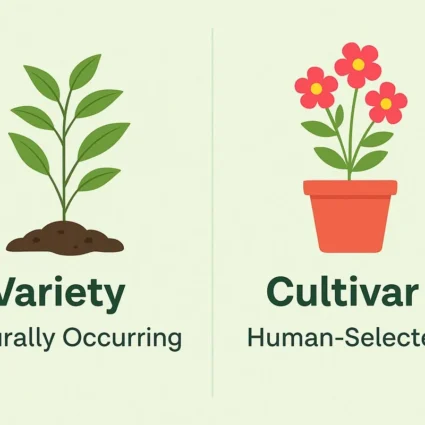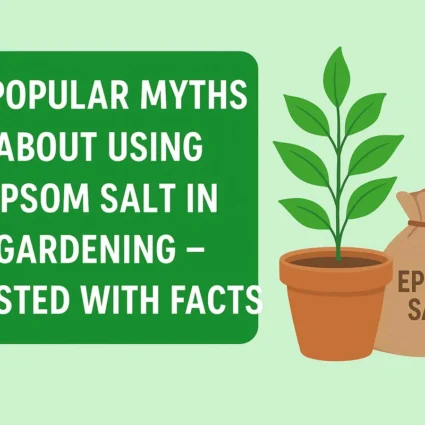Blogs
Also Read This :Rubber Plants: A Beginner’s Guide to Growing and Maintaining Them
Environmental impact
Animal agriculture is a significant contributor to greenhouse gas emissions and deforestation. By choosing plant-based foods, you can reduce your carbon footprint and help protect the environment.
Animal welfare
Many people choose a plant-based diet because of ethical concerns regarding the treatment of animals in the food industry. Plant-based diets avoid the consumption of meat, dairy, and other animal products that may be produced using inhumane practices.
Also Read This :Revitalize Your Mind and Body with the Power of Brahmi
Food availability
In some parts of the world, plant-based foods may be more accessible and affordable than animal products. Plant-based diets can be a sustainable way to provide adequate nutrition for a growing population.
Plants are high in fiber
Fiber is present in all unprocessed plant foods. It is what makes up the structure of the plant, and if you eat more of it, you access a whole host of benefits.
Also Read This :3 Method to Grow Mint (Pudina) at Home
A plant-based diet helps maintain a healthy weight
Staying at a healthy weight is one of the most important things you can do to reduce your risk for cancer. Regarding cancer, the only thing more important than maintaining a healthy weight is not smoking.





